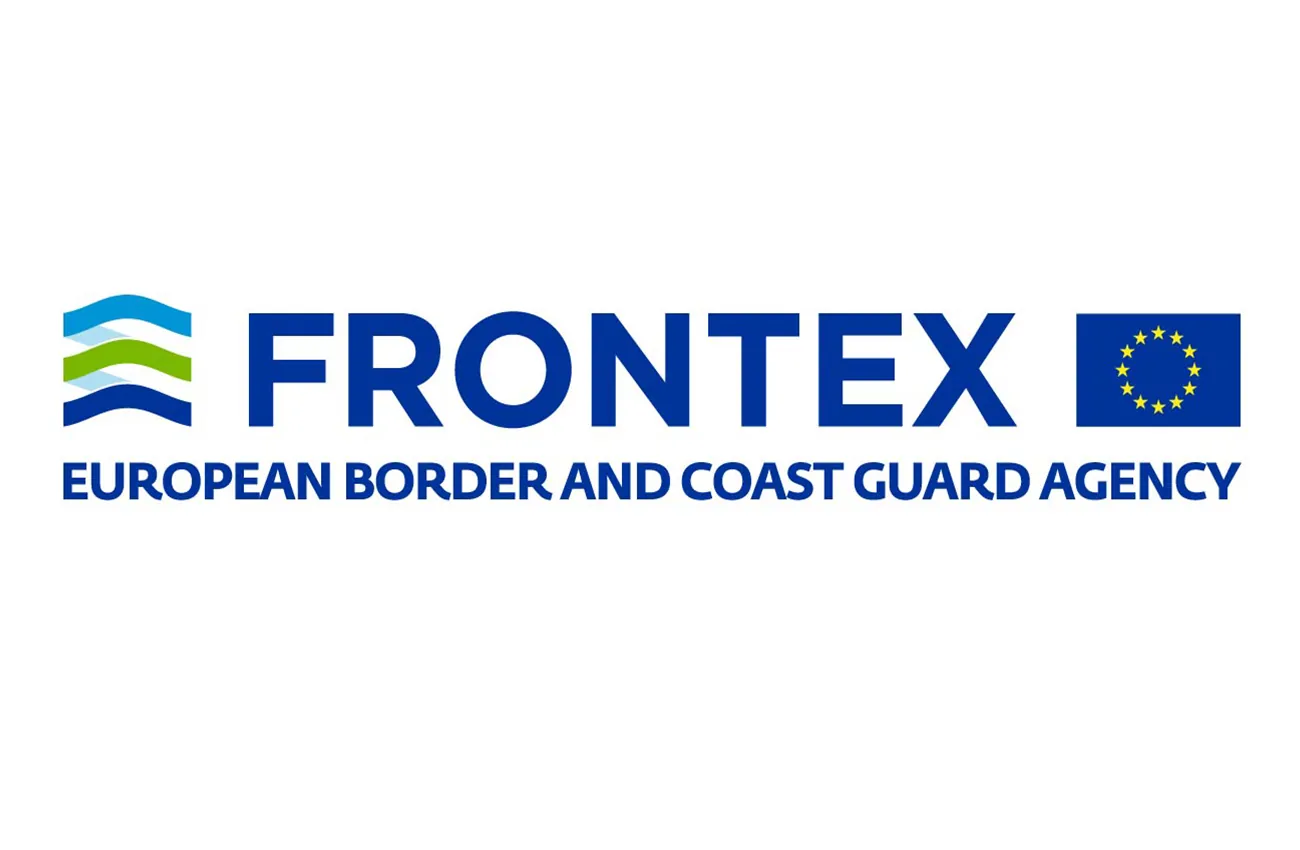Access to the official webpage and the social networks
 |
 |
 |
Overview
- Role: Frontex helps EU countries and Schengen associated countries manage their external borders. It also to helps to harmonise border controls across the EU. The agency facilitates cooperation between border authorities in each EU country, providing technical support and expertise.
- Director: Fabrice Leggeri
- Established in: 2004
- Number of staff: 315
- Budget: EUR 250 million
- Location: Warsaw (Poland)
What it does
Europe’s external borders have seen an unprecedented rise in the number of migrants and refugees wishing to enter the EU in recent years. Countries that have an external border have sole responsibility for border control. But Frontex can provide additional technical support for EU countries facing severe migratory pressure.
It does this by coordinating the deployment of additional technical equipment (e.g. aircraft and boats) and specially-trained border staff.
Frontex coordinates maritime operations (e.g. in Greece, Italy and Spain) but also at external land borders, including in Bulgaria, Romania, Poland and Slovakia. It is also present at many international airports across Europe.
Frontex has several areas of responsibility, laid down in the legal basis.
These include:
- Risk analysis – all Frontex activities are risk-analysis driven. Frontex assesses risks to EU border security. It builds up a picture of patterns and trends in irregular migration and cross-border criminal activity at the external borders, including human trafficking. It shares its findings with EU countries and the Commission and used by the agency for planning its activities.
- Joint operations – coordinates the deployment of specially trained staff and technical equipment (aircraft, vessels, and border control/surveillance equipment) to external border areas in need of additional assistance.
- Rapid response – if an EU country is facing extreme pressure at an external border, especially the arrival of large numbers of non-EU nationals, Frontex coordinates the deployment of European Border Guard Teams.
- Research – brings border control experts together with research and industry to make sure new technology meet the needs of border control authorities.
- Training – develops common training standards for border authorities, to harmonise border guard education in EU and Schengen associated countries. This harmonisation is intended to ensure that wherever travellers cross an external EU border, they will encounter uniform border-control standards. It also enables border guards from different countries to work together efficiently while deployed to joint operations coordinated by Frontex.
- Joint returns – develops best practices for returning migrants and coordinates joint return operations (but individual countries decide who should be returned).
- Information-sharing – develops and operates information systems that enable swift exchange of information between border authorities.
Who benefits
Every year, around 700 million people cross Europe’s external borders.
So one of the biggest challenges is detecting illegal activity without creating delays for other travellers.
There are no permanent border controls between Schengen countries, so external border controls are even more important. Schengen members rely on the quality of border checks and surveillance carried out by other EU countries.
In the Schengen area, a car stolen in Italy could move freely all the way to the Polish-Ukrainian border. Someone arriving in Finland on a forged passport could travel all the way to Portugal without being stopped. A victim of trafficking entering France could be transported all the way to Sweden.
This means that controlling the EU’s external borders is crucial for all EU countries in Europe. Frontex has become a central point of contact, and sets standards for all European border guards. The agency makes sure key intelligence (e.g. on forged documents, stolen cars or human traffickers) is shared immediately with all border authorities.
Fighting cross-border crime is not only about sharing information, but also about developing long-term solutions. Frontex does this by devising training programmes for border guards across Europe.
With Frontex’s help, border guards in the EU now work more closely together. They share knowledge and have access to information not only on what’s happening at their borders but at all external EU borders. They are also able to learn about the latest methods and technologies which could improve the quality of their work. And they are able to support each other if any one border is under unusual pressure.







Leave a Reply